Umer Ashraf is owner of Glasgow-based iCafé. He has three shops and plans to expand
In August, I wrote about the effects of the rising costs of raw materials, goods and overheads on small businesses. Today, I am going to talk about the challenges we face in these tough times and some ways of reducing our total bill, without cutting corners.
Many business owners I have spoken to in recent weeks are most definitely feeling the pinch. They have seen their sales dropping by as much as 50%, yet their purchase costs rising as high as 40%. Never before have we experienced such challenging times, but things can get a little better with some good house practices and procedures.
Managers at each of my cafés are given a spreadsheet every week, highlighting any change in price, quantity, size or even supplier. We constantly review our purchase prices and work very closely with our suppliers to get the best product and price on offer.
We find that some suppliers may be cheaper on one particular range, but more expensive on another, but by shopping around, we have managed to save over £150 a week per store without having to bring in any new suppliers. This was all managed by simply moving the same product from one supplier to another within our panel of suppliers.
Also, buying as a chain means that we can benefit from economies of scale and make further savings, but a sole proprietor can also do deals such as these with their suppliers if they monitor their purchases very closely. Always remember, suppliers face the same challenges as we do, so it is in their best interests to keep us happy.
Our customers will only pay so much for a cup of coffee or a sandwich, so increasing our prices is not an option. Instead, what we should be looking at is reducing our overheads. Here at iCafé, I cancelled the separate fax line, and the back-up broadband connection. Also, the window cleaner now comes only once a week instead of twice a week. The cleaners’ schedule has been re-arranged so it’s more efficient and economical. I am a great believer in ’every little helps’; it is a few pounds here and a few pounds there that will have a big impact on our bottom line. We just have to think out of the box and ask ourselves whether something is a necessity or convenience, whether something is adding value or is it there because it always has been.
The VAT on all sales and purchases dropped to 15% on 1 December, 2008. What effect this will have on businesses will depend on many factors but, more importantly, will give consumers that little bit of confidence to spend a little more.
Will we get the feel-good factor back in our life? As Albert Einstein said: "Learn from yesterday, live for today and hope for tomorrow."


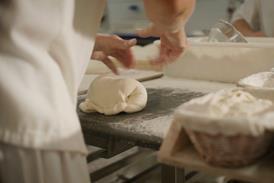


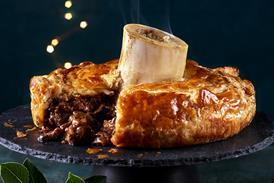



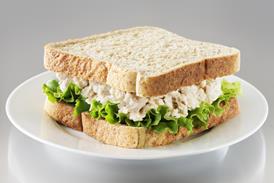



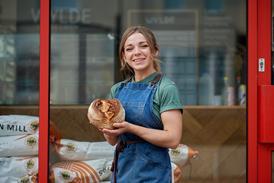

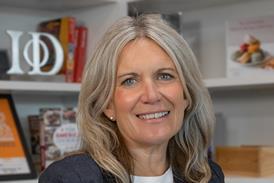










No comments yet